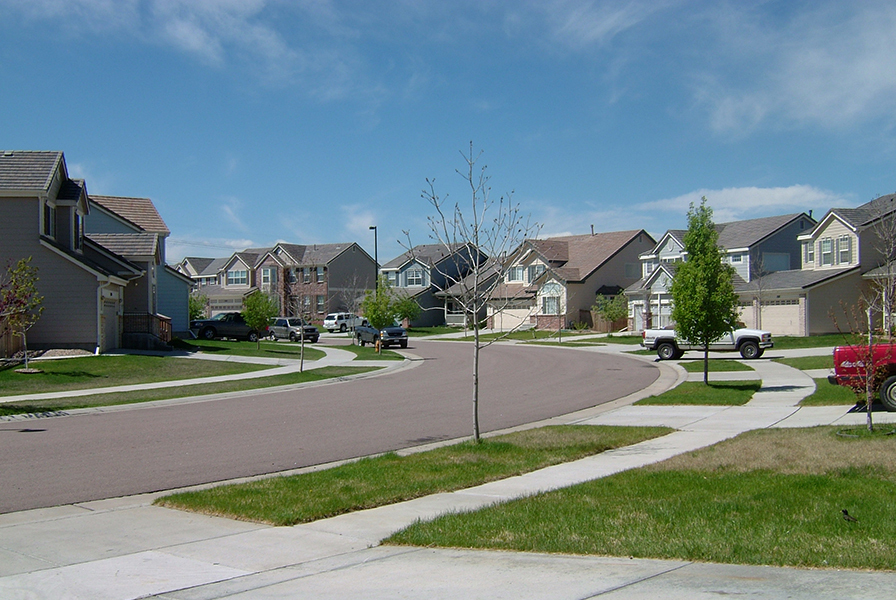The term “absentee landlord” typically has a negative connotation. It is used to refer to a property owner who neglects the basic duties of a conscientious landlord.
When a person does not live in the local area of their investment property, they are less personally invested in the community. It is easier to neglect maintenance and allow properties to become a haven for criminals and disrupt the livelihood and standard of living for the local community. This became a serious problem during the housing market collapse. Banks were stingy with loans, and investors were buying up foreclosed properties in states across the country at bargain prices for cash.
Municipalities push back
When a rental property is owned by someone who does not live within the local community, it causes problems for law enforcement, the fire department, the department of public works and other city departments that may need to contact the absentee owner for a variety of reasons.
Many cities have passed or are planning to pass legislation directed specifically at absentee property owners and landlords who do not live in the area. WSBT News reports that South Bend, Indiana, proposed a bill in May of 2016 to address the problem of nuisance properties and absentee landlords. Council President Tim Scott said the problem is much bigger than he thought, adding that the city spends a lot of taxpayer money attempting to track down absentee owners of properties in the city.
Don’t let out of sight be out of mind
South Bend is proposing a $300 fine for absentee owners who don’t register and a $1,000 fine for any who provide false information. Know the local laws regarding absentee owners before you purchase any property. Even if they do not have current legislation, you should register who is responsible for the property in the event of an emergency or other problem related to the property.
Interview and screen your managers or property management companies carefully. If they discriminate, commit a crime, or are incompetent in other ways, you could be held financially responsible. Routinely inspect your properties personally. If the property is not well maintained, you can alienate quality tenants and reduce your profitability.
Make sure the local municipality and residents know you appreciate being a member of the community. Consider sponsoring local teams and cross marketing with local businesses. Make a point to visit the chamber of commerce and town meetings. Present yourself as a landlord who cares about the local area rather than one who takes money out of it.
Related Articles
The Police and Your Multifamily Property
Early Warning Signs Your Property Manager Has Lost Control
Multifamily Property Checklist: An Owner’s Guide for Operating Apartment Buildings
Latest posts by Theresa Bradley-Banta (see all)
- Multifamily Common Areas Maintenance & Management Tips - March 31, 2020
- 8 Tenant Gift Ideas That Will Boost Your Bottom Line - November 11, 2019
- Need a Package Delivery System at Your Multifamily Rental Property? - October 28, 2019



